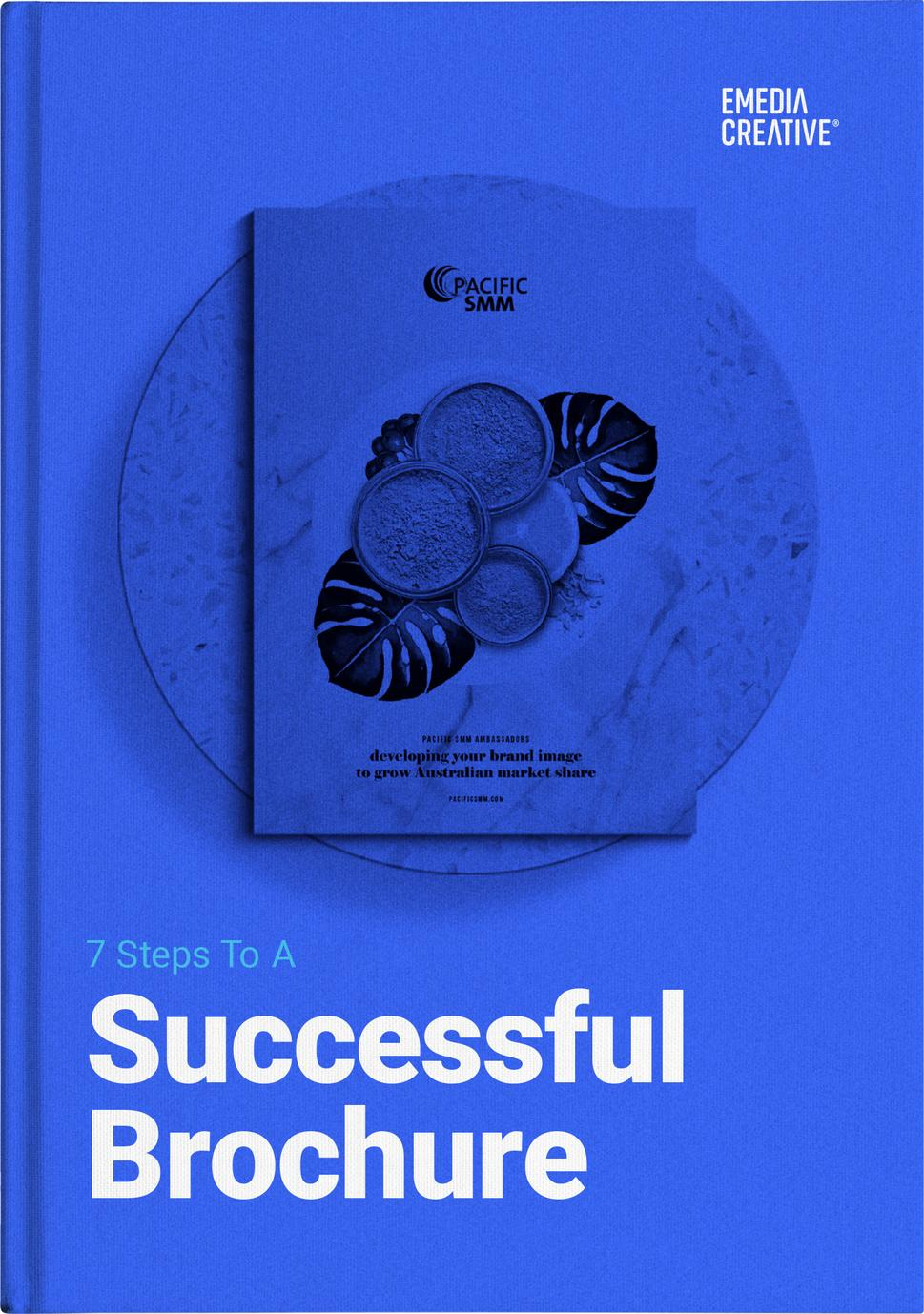A capability statement for new business can effectively communicate your business’s unique strengths, expertise, and value propositions. It is crucial for fostering growth and securing new opportunities. A well-designed capability statement can play a pivotal role for new business, providing an informative and visually appealing overview of your company’s capabilities, products, or services. This blog post will guide you through the importance of capability statements, key elements, best practices, and strategic design techniques for crafting compelling capability statements that capture your target audience’s attention and drive business revenue.
According to a study by Adobe, 63% of businesses cited effective design as a critical component for brand building. With these insights, it’s clear that the marriage of design and content is not limited to marketing collateral but should also extend to your capability statements to maximise impact and foster lasting impressions.
Whether you’re a start-up looking to showcase your expertise or a seasoned company seeking to bolster your position in the market, this guide is designed to equip you with the knowledge and inspiration necessary to create compelling capability statements that resonate with your target audience and leave a lasting impact.
Developing a compelling capability statement for new business can serve as a powerful tool for driving growth by providing several key benefits:
1. Showcase Expertise: A capability statement for new business demonstrates your experience and proficiency in your industry, instilling confidence in potential clients or partners.
2. Differentiate from Competitors: A well-crafted capability statement can help set your business apart from competitors by highlighting your unique strengths, values, and offerings.
3. Facilitate Business Opportunities: Capability statements are often a prerequisite for engaging with government agencies, large corporations, or organisations in the tendering process, opening the door to new growth opportunities.
4. Streamline Communications: A concise and informative capability statement makes it easy for prospective clients or partners to understand your business and assess its suitability for their needs.
A high-impact capability statement should include the following key elements:
1. Company Overview: Provide a brief introduction to your business, outlining your mission, values, and history.
2. Core Competencies: Highlight your business’s primary skills, strengths, and areas of expertise that set you apart from competitors.
3. Past Performance and Track Record: Showcase your business’s accomplishments, highlighting successful projects, contracts, or case studies that demonstrate your ability to deliver results.
4. Products and Services: Detail your business’s key offerings, emphasising their unique value propositions and benefits.
5. Certifications and Accreditations: Outline any industry-specific certifications or accreditations your business holds, reflecting your commitment to quality, compliance, and continual improvement.
6. Contact Information: Include clear and accessible contact details to encourage prospective clients or partners to engage with your business.
When creating content for your capability statement, consider the following best practices to ensure it resonates with your target audience:
1. Tailor Content to Your Audience: Understand your audience’s needs, preferences, and motivations, and customise your content accordingly.
2. Be Concise and Focused: Present the most pertinent information clearly and concisely, avoiding overly technical jargon or unnecessary details that may confuse or overwhelm readers.
3. Use Quantifiable Metrics: Where possible, use quantifiable metrics to showcase your achievements and results, demonstrating the tangible impact of your products or services.
4. Maintain a Professional Tone: Ensure your content is professional, polished, and well-written to reflect your business’s expertise and credibility.
Adopt these strategic design principles to ensure your capability statement is visually engaging and aligned with your brand identity:
1. Consistent Branding: Ensure your capability statement aligns with your brand’s visual identity, including colours, fonts, and logo, to create a cohesive and recognisable presentation.
2. Visual Hierarchy: Employ visual hierarchy to guide readers’ eyes towards the most crucial information, using formatting, spacing, and graphical elements to emphasise key points.
3. Use of White Space: Include ample white space in your design to make your content more accessible and readable, preventing a cluttered or overwhelming appearance.
4. High-Quality Imagery: Incorporate high-quality and relevant images, such as photos of your products, staff, or facilities, to enhance your capability statement’s visual appeal and showcase your offerings.
5. Design Responsiveness: Ensure your capability statement is designed for both print and digital viewing, allowing for optimal readability and navigation across multiple formats.
Creating an effective capability statement is crucial for driving business growth and highlighting your unique strengths, expertise, and value propositions. By focusing on key elements, adopting strategic content and design principles, and factoring in audience preferences, you can craft a standout capability statement that resonates with your target audience, fosters lasting impressions, and positions your business for continued success.
Consider engaging with brand strategy consulting services from Emedia Creative to further enhance your capability statement‘s effectiveness and ensure a holistic approach to promoting your unique offerings, values, and capabilities. Embrace the power of well-crafted capability statements and unlock new growth opportunities for your business, propelling it towards sustained success, recognition, and prosperity. Contact us today or click here to view a range of capability statement examples we have helped to produce for clients.



